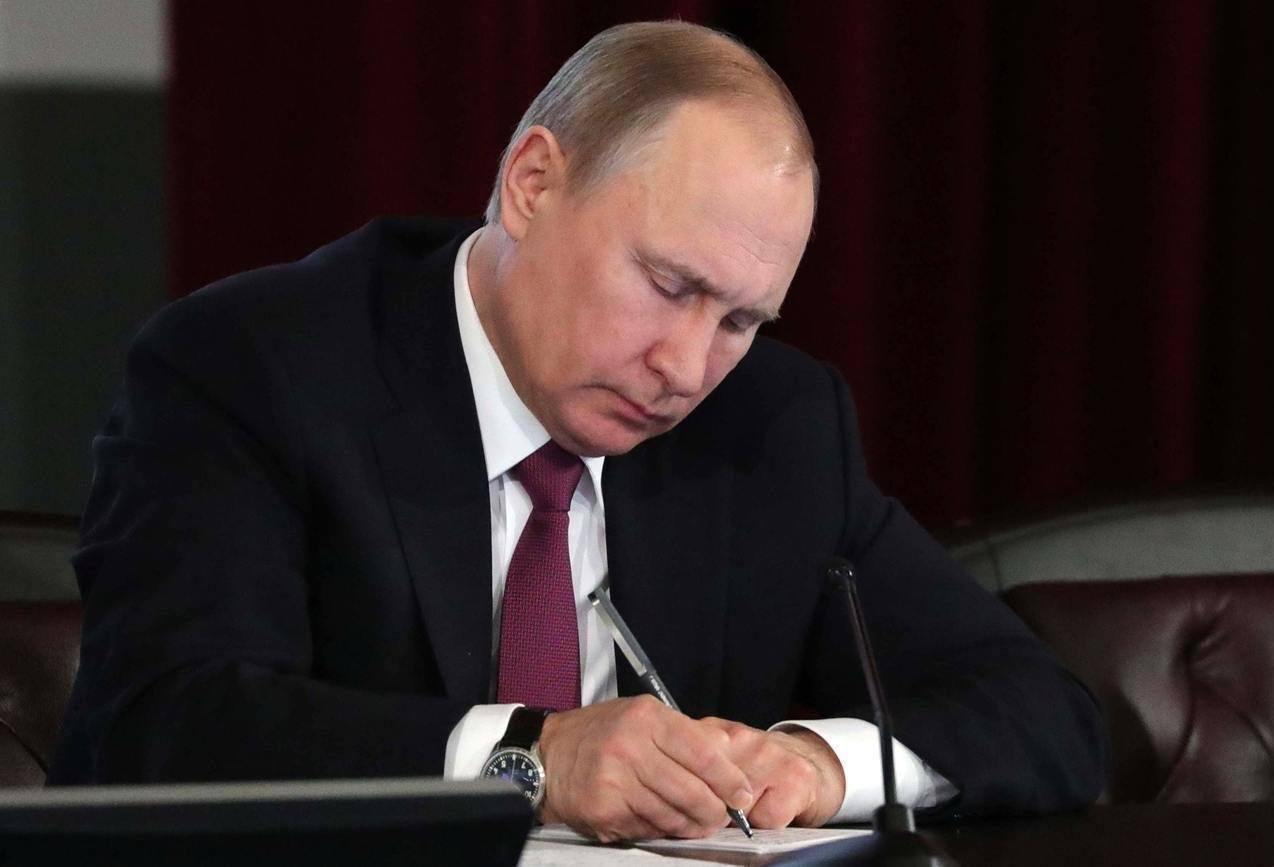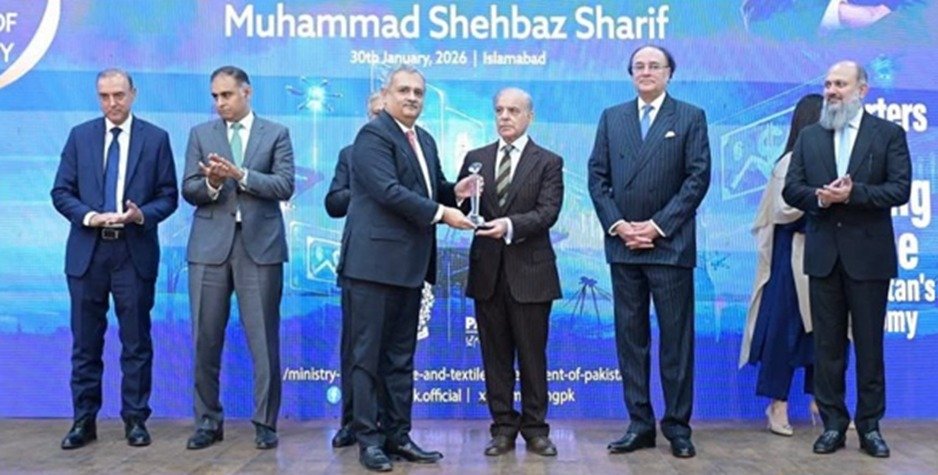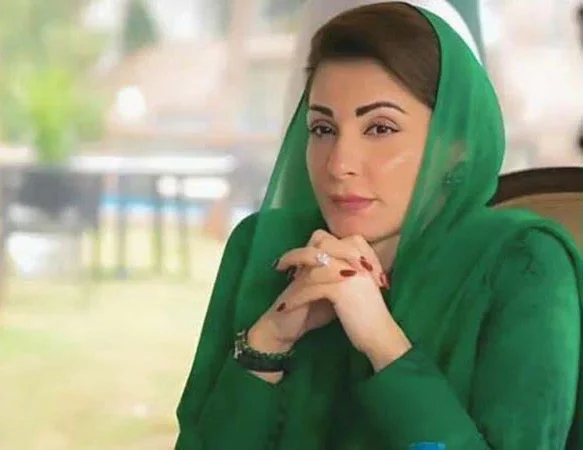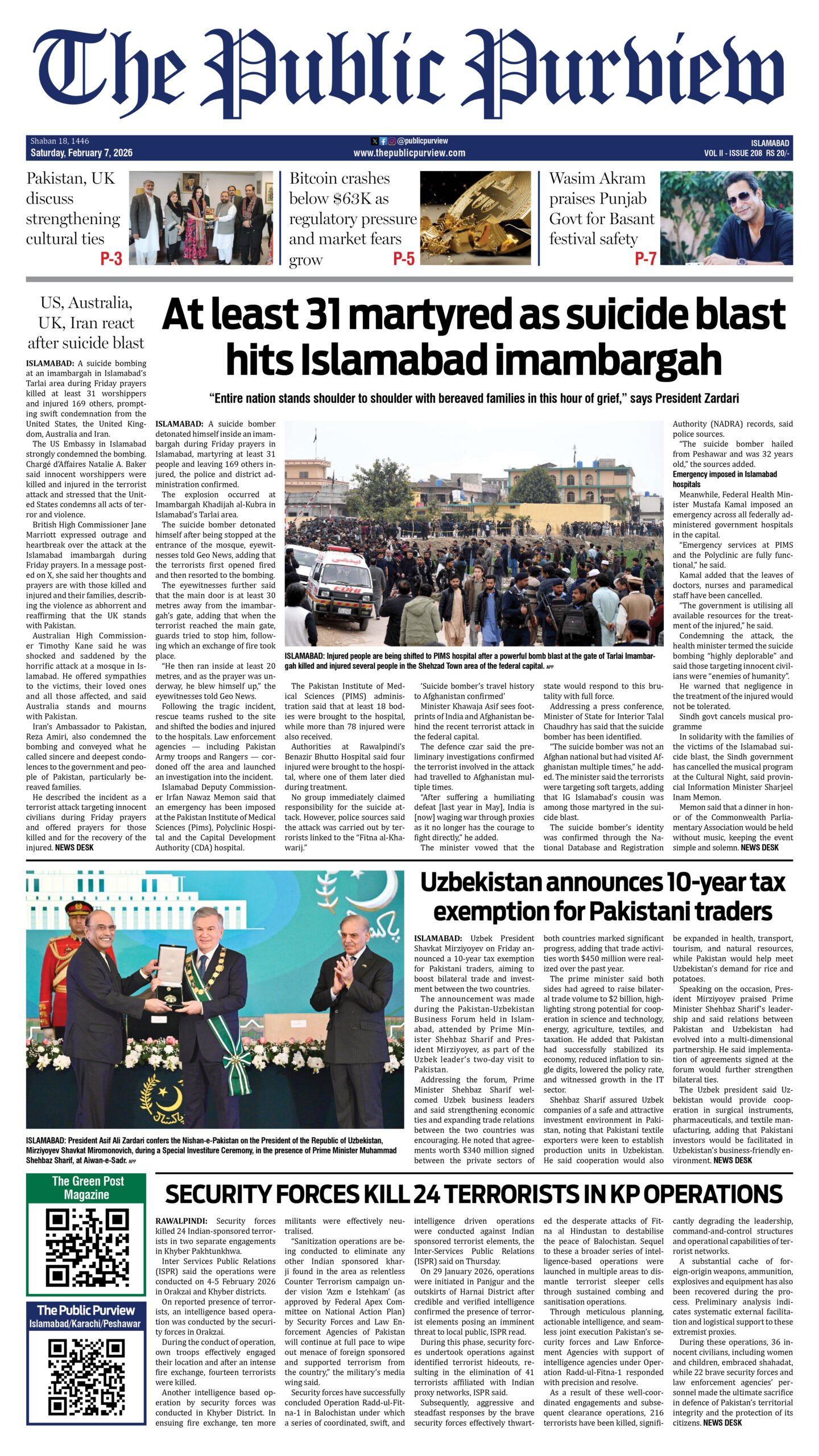At a roundtable organized by Institute of Regional Studies (IRS) titled ‘Iran’s Global Outlook and Opportunities for Pak-Iran Bilateral Relations’ to discuss the multifaceted dynamics shaping the relations between the two neighboring countries, the Iranian Ambassador to Pakistan, Reza Amiri Moghadam, emphasized Iran’s commitment to its nuclear program despite international sanctions. He noted that Iran is open to dialogue but firmly opposes the undue pressure and unilateral agendas of Western powers. He described Iran’s stance as rooted in its historical defiance of bloc politics, particularly during the Cold War, which marked an unprecedented rejection of superpower dominance. He also highlighted Iran’s strong opposition to the brutality unleashed by Israel in Gaza and Lebanon, calling it “genocidal” and urging the collective conscience of the world to stand against such inhumanity. He advocated meaningful bilateral engagement and expressed Iran’s readiness to deepen its relations with Pakistan across various domains.
Senator Mushahid Hussain Sayed in his keynote address underscored the cultural and historical camaraderie between Pakistan and Iran, rooted in shared heritage and values. Commending Iran’s resilience in the face of sanctions and external pressures, he proposed actionable steps to strengthen bilateral ties. Noting that Iqbal’s Persian poetry could serve as a bridge he called for open trade borders, enhanced border markets, a revised Pak-Iran gas pipeline project that could serve as game-changer, aligning of Gwadar and Chabahar as sister ports and forming a triangular partnership between Iran, China, and Pakistan.
Ambassador Jauhar Saleem, President IRS, highlighted the enduring ties between Pakistan and Iran, which had withstood the vagaries of times. He called for expanding multidimensional bilateral cooperation including commercial, educational, cultural and ij the domain of counterterrorism. He also highlighted the two countries’ prominent position in the Muslim world where they could work together to promote peace and harmony
Dr. Qandil Abbas, Professor at Quaid-Azam University discussed the opportunities offered by Chabahar and Gwadar ports, as well as the Shanghai Cooperation Organization (SCO) and China-Pakistan Economic Corridor (CPEC).
Muhammad Mehdi, Chairman of the Institute of International Relations and Media Research, emphasized the historical ties between the neighbors and Pakistan’s unique role as an intermediary between Iran and the USA in several past instances.
The Roundtable discussion was very well attended by diplomats, scholars, intelligentsia, academics, media representatives and students.
“Iran Has Never Deviated from its Nuclear Path” Iranian Ambassador to Pakistan

Leave a comment





 Today's E-Paper
Today's E-Paper